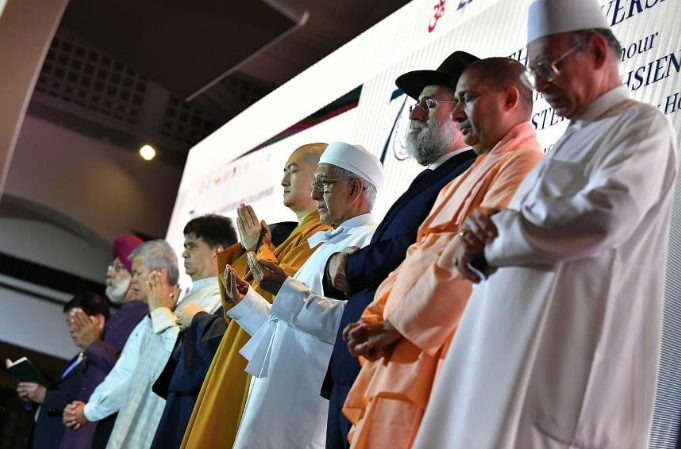SINGAPORE – Strengthened laws aimed at safeguarding religious harmony in Singapore will take effect on Nov 1, enhancing the government's ability to ad
SINGAPORE – Strengthened laws aimed at safeguarding religious harmony in Singapore will take effect on Nov 1, enhancing the government’s ability to address foreign influence and offensive online content.
Starting Tuesday, religious organizations must ensure key leadership roles are filled by Singapore citizens or permanent residents. Additionally, they will be required to declare any foreign affiliations that could exert control or influence over them.
The government’s power to issue restraining orders, previously subject to a 14-day notice period, will now take immediate effect, particularly for online content that threatens religious harmony.
Updates to the Maintenance of Religious Harmony Act (MRHA) will also incorporate existing Penal Code offences, including acts that incite violence or promote enmity against religious groups. These updates will establish stricter thresholds for offences committed by religious leaders compared to the general public.
The Ministry of Home Affairs (MHA) said in a statement on Monday that these changes will bolster Singapore’s efforts to maintain religious harmony, with the MRHA amendments made in 2019 and further changes to criminal law enacted in September last year.
Minister for Law and Home Affairs K. Shanmugam has emphasized that these laws protect both religious and non-religious groups. He noted during a parliamentary debate that action can be taken under the MRHA if a religious group attacks a non-religious group or vice versa, ensuring that the law remains “even-handed.”
The introduction of immediate restraining orders acknowledges the rapid spread of online content, with Shanmugam highlighting the need for timely intervention to prevent harmful content from inciting hatred.
The new law will also empower the government to issue restraining orders on religious organizations suspected of being influenced by foreign entities, threatening national peace. Such orders may prohibit foreign donations and require leadership roles to be filled by Singaporeans, with specific foreigners potentially removed from positions of power.
From Tuesday, the courts will have the authority to impose up to twice the normal punishment for racially or religiously aggravated offences. This replaces the current enhanced punishment of 1½ times for specific offences. The change will apply to all Penal Code offences, except those that already include racial aggravating factors or carry the death penalty or life imprisonment.
Another key amendment introduces the Community Remedial Initiative (CRI), a voluntary mechanism allowing offenders to take actions to repair ties and soothe communal tensions. Actions under the CRI could include apologies or participation in inter-religious events, helping offenders better understand Singapore’s multi-religious society. Participation in the CRI will be taken into consideration when assessing prosecution decisions, though it will not be mandatory due to potential religious sensitivities.
These strengthened laws aim to promote continued religious harmony in Singapore while adapting to modern challenges in a multi-religious society.



COMMENTS